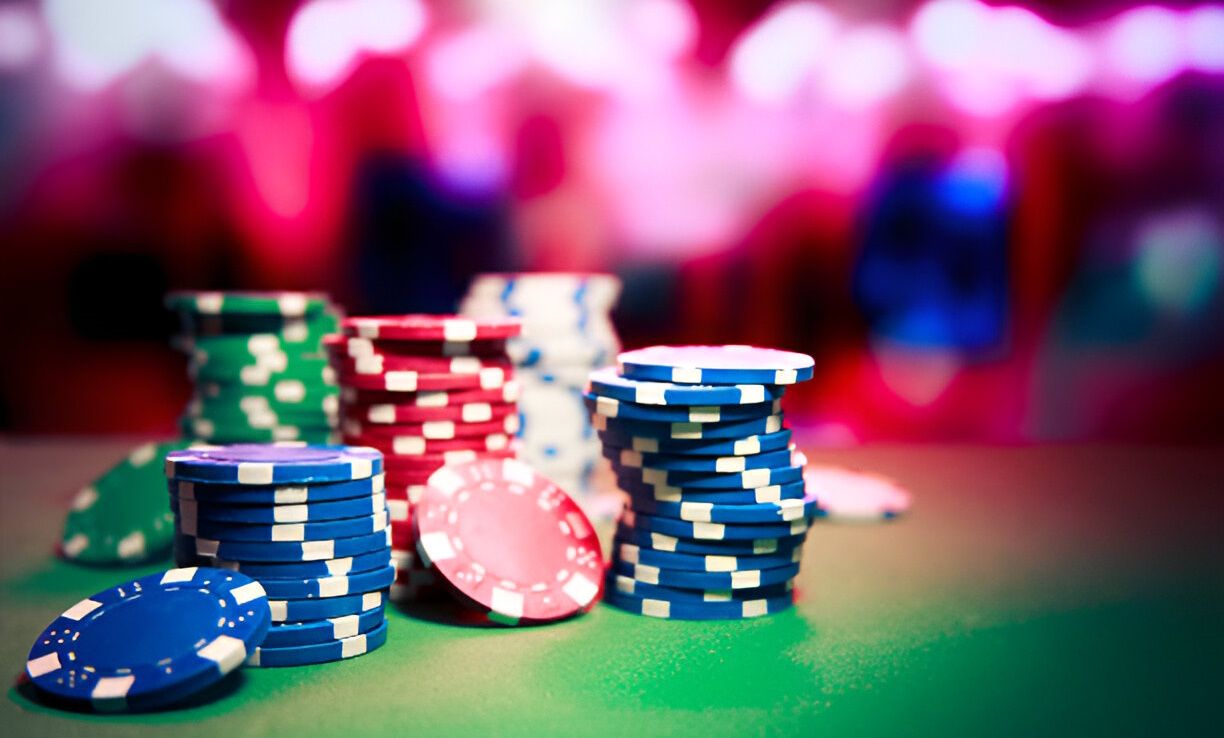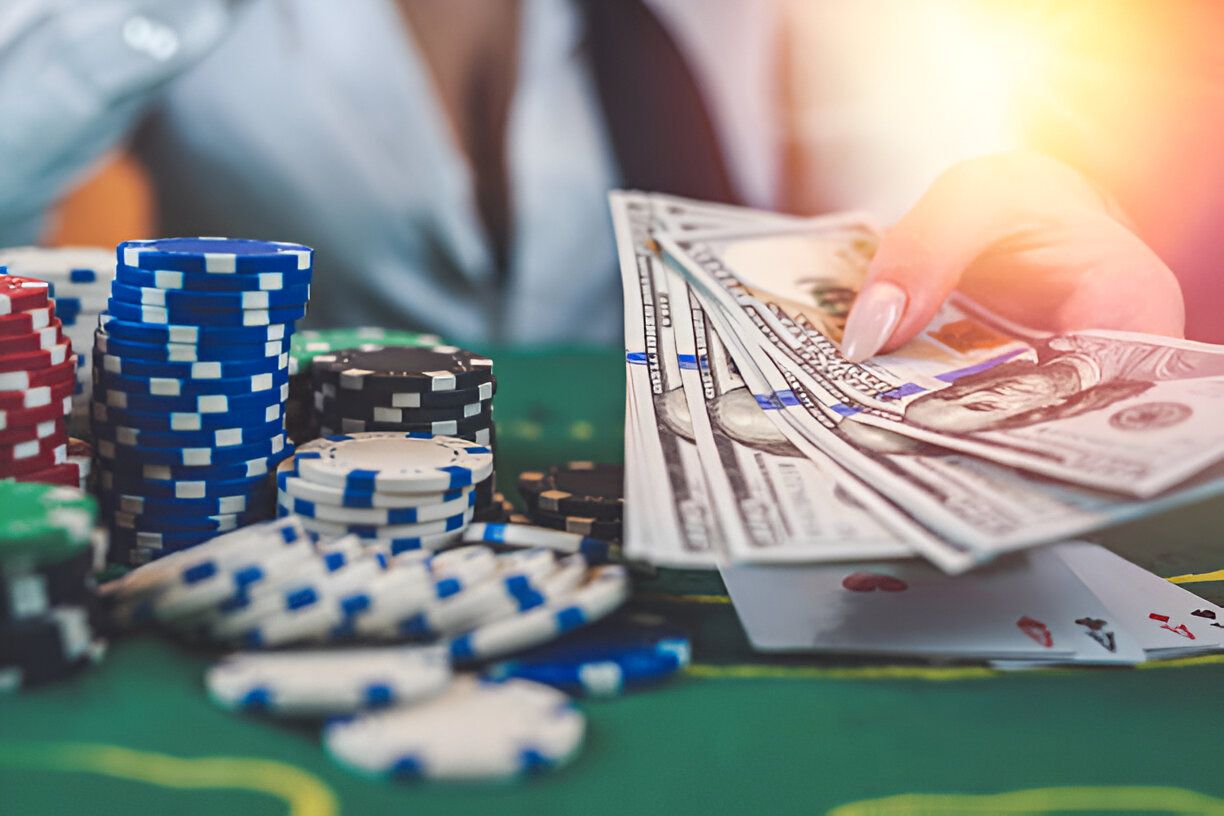Increasing Time and Money Spent: Spending more time and money on gambling than intended, and finding it difficult to limit the amount spent.
Chasing Losses: Continuously trying to win back lost money, even when it results in more significant losses.
Neglecting Responsibilities: Ignoring personal, professional, or financial responsibilities in favor of gambling activities.
Secrecy and Deception: Hiding gambling habits or lying about the extent of time and money spent on gambling.
Emotional Distress: Experiencing feelings of anxiety, stress, or depression related to gambling, including mood swings and irritability.
Relationship Strain: Straining relationships with family, friends, or colleagues due to gambling behavior or financial issues resulting from gambling.
Financial Problems: Accumulating debt, borrowing money, or engaging in financial deceit to fund gambling activities.
Inability to Stop: Difficulty stopping or reducing gambling despite a desire to do so or previous attempts to quit.
Loss of Interest: Losing interest in other activities or hobbies that were previously enjoyed, in favor of gambling.
Gambling as Escape: Using gambling as a way to escape from stress, boredom, or emotional problems.
Recognizing these signs early can help in seeking timely support and intervention.
People engage in gambling for a variety of reasons, including:
Entertainment: Many see gambling as a form of fun and excitement, similar to other leisure activities.
People engage in gambling for a variety of reasons, including:
Social Interaction: Gambling can provide a social experience, whether in casinos with friends or online with other players.
People engage in gambling for a variety of reasons, including:
Financial Gain: The possibility of winning money or prizes can be a strong motivator for people to gamble.
People engage in gambling for a variety of reasons, including:
Challenge and Competition: Some enjoy the challenge and competitive aspect of gambling, testing their skills or luck.
People engage in gambling for a variety of reasons, including:
Escape or Stress Relief: For some, gambling serves as a way to escape from daily stress or emotional issues.
People engage in gambling for a variety of reasons, including:
Habit or Routine: For certain individuals, gambling becomes a habitual part of their routine, integrated into their lifestyle.
People engage in gambling for a variety of reasons, including:
Curiosity or Adventure: The allure of the unknown and the thrill of taking risks can attract people to gamble.
People engage in gambling for a variety of reasons, including:
Understanding these motivations can help in addressing gambling behavior and promoting responsible gambling practices.










